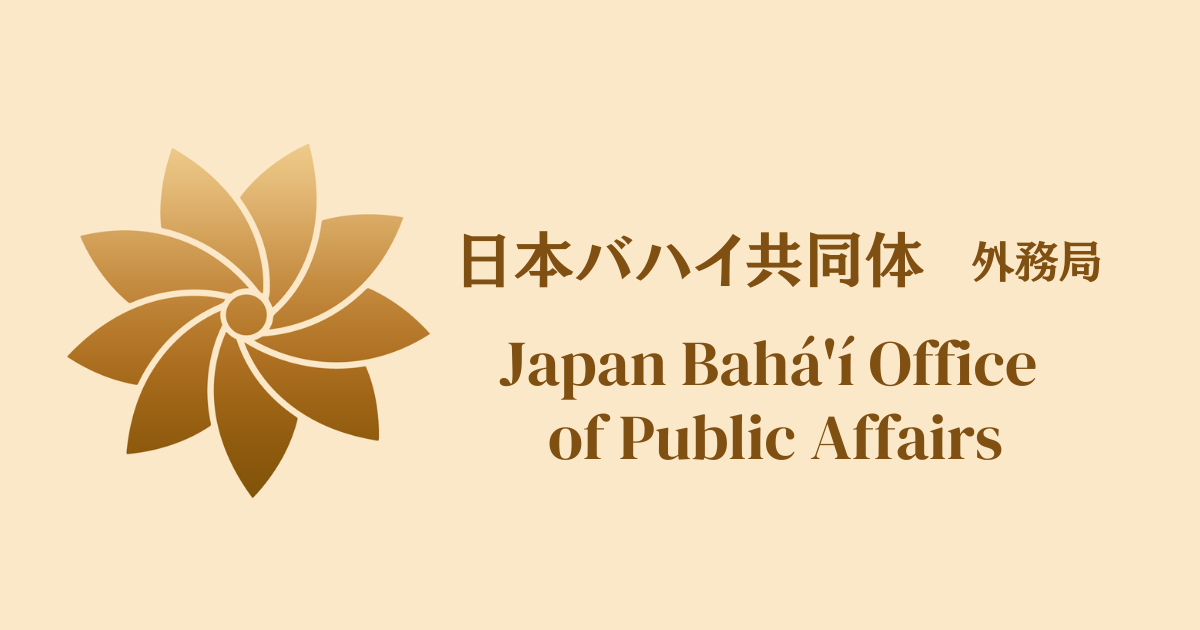Mahshid Niroumand, 28

生い立ち、家族
- 1955年12月9日に、イランのサルベスタン州に生まれる。(Archives)
教育、仕事、バハイ活動
- マハシードは成績優秀で、中等教育の最後の3年間を、入試に合格した生徒だけを受け入れるエリート高校で過ごした。(IranWire)
- マハシードはシラーズ大学で物理学の学位を取得し、英語、ドイツ語、フランス語の3言語の修了証書を持っていた。(Archives)
- 卒業後、マハシードは生活のために個人的に物理と化学を教えた。彼女は、以下に説明するような差別のため、大学の学位証明書を持っていないことを理由に、安定した仕事を得ることができませんでした。(IranWire)
- マハシードは青少年アドバイザーとして、また数々のバハイの奉仕委員会のメンバーとして奉仕していた。彼女はまた、顧問補佐のアシスタントであり、バハイの子どもクラスを教えていた。(BahaiLibrary.com) (Archives)
逮捕について
- Mahshidは1982年11月29日の夕方、彼女の実家で逮捕された。彼女はセパ(革命防衛隊)拘置所に連れて行かれ、12月いっぱい拘束され、尋問され、拷問を受けた。(Abdorrahman Boroumand Center)
- ニルーマンド家に到着した捜査官たちは、自己紹介をして嬉しそうに服を集め始めたマハーシドを逮捕しに来たのだった。マハシードの喜びに満ちた行動に戸惑った捜査官は、電話線を切って家を出て、数分後に戻ってきて、マハシードと2人の妹のうち、誰が物理を勉強したのかと尋ねた。マハシードは「自分だ。」と答えた。このやり取りの後、彼らはマハシードを逮捕し、車に乗せた。(IranWire)
逮捕、投獄、処刑
- マフシードは1979年のイスラム革命後に大学を卒業したが、大学はマハシードが授業料を滞納しているという口実で、マハシードの学位授与を拒否した。革命以前は授業料を滞納していることが理由で卒業する資格がないと見なされることはなかった。マハシードは要求された金額を支払ったが、大学はマハシードに学位を与えることを拒否したままだった。彼女は何度も高等教育省や国立教育評価機構に足を運んだが、なぜ学位が与えられないのか、明確な答えを得ることはできなかった。一部の職員は、大学がバハイに学位を発行することはできないと口頭で伝えただけだった。(IranWire)
- 長い投獄生活の間、彼女は強く、確固としており、他人を気遣い、しばしば仲間の囚人たちに食事を分け与え、忠実であるよう励ました。彼女は信仰の強さでは獅子奮迅の活躍をしたが、本来は繊細で、穏やかで落ち着きのある性格で、威厳のある態度を持っていた。(BahaiLibrary.com)
- マハシードは内気だったかもしれないが、信仰が絡むと勇敢で率直で知識も豊富だった。尋問の間、彼女は自分の信仰を否定することを拒否しただけでなく、他のバハイの名前を挙げることも拒否した。(IranWire)
- 刑務所でマハシードの同房者だったオリャは、マハシードの尋問は長く、時には12時間から14時間に及んだと書いている。(IranWire)
- 1983年6月18日、愛する人との面会で、マハシードを含む投獄中のバハイ女性たちは、家族と最後に会った。「マハシードはいつものように笑顔で面会に来た。」とマフシードの妹ミトラは言う。彼女によると、「マハシードは、前週、検察官が刑務所にやってきて、バハイの人たちひとりひとりに4回の『指導』が与えられ、イスラム教に改宗した人は釈放され、また、そうでなければ、死刑になると語ったとのことだった。マハシードは、『私は指導のための面会に連れて行かれた。私の宗教的信条のために、私はすべての預言者とイマームを信じていると言った。でも、私はバハイ信教を信じ、それが宗教の進化過程における次のステップであると信じている。私は自分の信仰を捨てない。』と言ったわ。彼女は検察官との面会の最後に、この回答を書面で確認し、4回署名したの。」 (IranWire)
Early life, family
- Mahshid was born on December 9th 1955, Sarvestan, Iran (Archives)
Education, work, Baha’i activities
- Mahshid was a top student and spent the last three years of her secondary education at an elite high school that accepted students only if they passed an entrance exam. (IranWire)
- Mahshid graduated with a degree in physics from Shiraz University and had diplomas in three languages of English, German and French. (Archives)
- After her graduation, Mahshid privately taught physics and chemistry to make a living. She could not get a steady job because of the fact that she did not have her university degree certificate, because of discrimination as explained below. (IranWire)
- Mahshid had served as a youth advisor and as a member of a number of Bahá`í service committees. She was also an assistant to an Auxiliary Board member, and she taught Baha’i children’s classes (BahaiLibrary.com) (Archives)
Arrest
- Mahshid was arrested on the evening of 29 November 1982 at her family home. She was taken to the Sepah [Revolutionary Guards] Detention Centre, where she was detained during December and interrogated and subjected to torture. (Abdorrahman Boroumand Center)
- When the agents arrived at the Niroumand home, they came to arrest Mahshid who introduced herself and joyfully started to gather her clothing. The agents, who were perplexed by Mahshid’s joyful behavior, cut the phone line, left the house, returned a few minutes later and asked Mahshid and her two sisters which of them had studied physics. Mahshid answered that it was her. After this exchange, they arrested Mahshid and put her in a car. (IranWire)
Arrest, Imprisonment, Execution
- Mahshid graduated from university after 1979 and the Islamic revolution, and the university refused to issue Mahshid’s degree under the pretext that she owed tuition, before the Revolution, owing tuition did not disqualify anyone from graduation. Mahshid paid the demanded sum but the university still refused to give Mahshid her degree. She repeatedly went to the Ministry of Higher Education and the National Organization of Educational Testing but never received a clear answer as to why she was not being awarded her degree. Some officials only told her verbally that the university could not issue a degree to Baha’is. (IranWire)
- Throughout her long imprisonment she was strong, steadfast, and concerned for others, often sharing her food with her fellow prisoners and encouraging them to be staunch. She was, by nature, sensitive although she was a lioness in the strength of her faith, she had a calm and soothing disposition, and a dignified bearing. (BahaiLibrary.com)
- Mahshid might have been shy but when her faith was involved she was brave, candid and knowledgeable. During the interrogations, she not only refused to denounce her faith, she also refused to name other Baha’is. (IranWire)
- Olya, a cellmate of Mahshid in prison, writes that the interrogations of Mahshid were long, sometimes lasting 12 to 14 hours. (IranWire)
- On June 18, 1983, at visitations with loved ones, the imprisoned Baha’i women including Mahshid, saw their families for the last time. “Mahshid came to the meeting with a smile on her face, as she always did,” says Mahshid’s sister Mitra. “She said that, the previous week, the prosecutor had come to the prison and had told the Baha’is that each one of them would be given four ‘Guidance’ sessions and that anyone who converted to Islam would be released. Otherwise they would be executed. Mahshid said that ‘I was taken to the guidance session and I said that, according to my religious beliefs, I believe in all prophets and Imams. But I believe in the Baha’i faith and I believe that it is the next step in the evolutionary process of religions. I will not abandon my faith.’ She confirmed this answer in writing, signing four times, at the end of the session with the prosecutor.” (IranWire)
